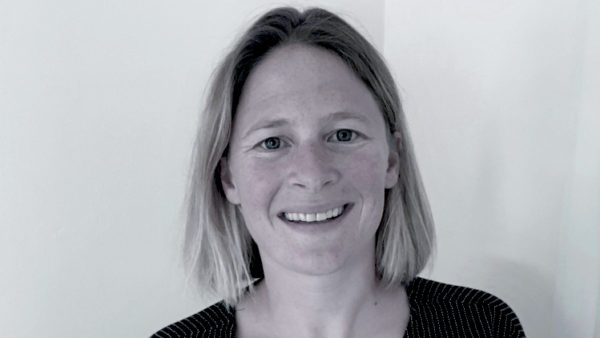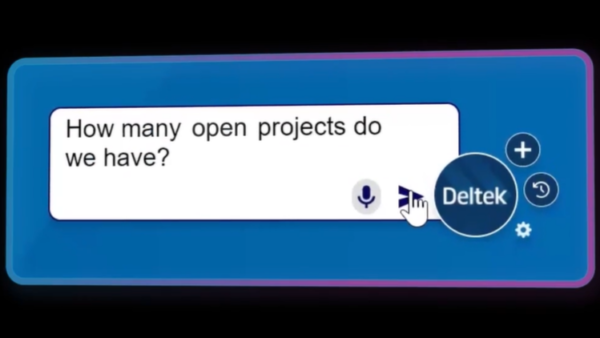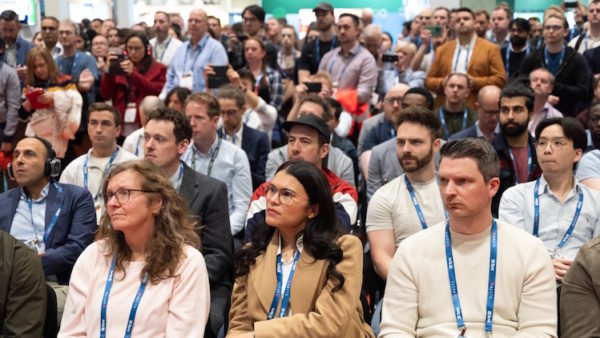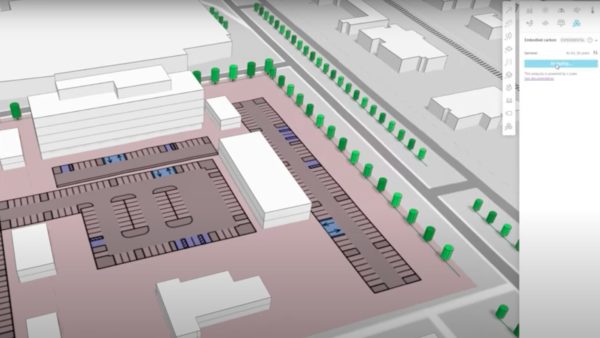Bryden Wood, along with the Mayor of London and consultancy Cast, has updated its open source, free-to-use modular housing design app, PRiSM.
Launched in summer 2019, the first iteration of the app combined the Mayor of London’s spatial planning rules with modular housing manufacturers’ expertise to allow architects, local authority planners and developers to determine viable options for their sites in the capital.
In practical terms, the app allows the user to plot a building outline on a map, inputting information such as desired number of different sized units and floor height. The in-built logic then optimises the layout of units and internal apartment layouts for precision manufactured methods (for example, by standardising room sizes and aligning wall partitions that play a significant role in optimally designing for volumetric or panellised systems).
The update of PRiSM builds on this and offers user new data sets about a site’s surrounding area:
- building and neighbourhoods in greater detail;
- local amenities;
- ecology (location and species of trees) and weather patterns;
- road information, transport infrastructure and site accessibility; and
- land classifications.
PRiSM 2.0 includes a larger number of design and construction systems, including Bryden Wood’s ‘Platforms’4 approach to bespoke design with manufacturing-led efficiency.
The updated app also offers a larger pattern book of housing types and within these, greater design flexibility, such as:
- new housing typologies, including mansion blocks;
- basement and podium design functionality;
- apartment setbacks;
- manual core positioning; and
- visualisation of windows and roofs.
The PRiSM 2.0 team’s views
Tom Copley, London’s deputy mayor for housing and residential development, said: "The Mayor and I are determined to harness the latest technology to build the homes that Londoners need, so I’m delighted to support the launch of PRiSM 2.0. The app is a ground-breaking solution to housing design that will help encourage the use of new modern methods of construction (MMC) across the capital.
"This open-source programme shows the huge potential of digital innovation in housing and can play a key role in getting our city building again, despite the challenges posed by the pandemic."
Phil Langley, board director at Bryden Wood, said: "We know it can be difficult to design and assess the feasibility of delivering new homes using MMC. That’s why we developed this free and open-source app to take you from concept to workable MMC design in minutes.
"The audience for the app is very broad. Developers are using it to assess initial feasibility of PMH for their sites. Designers are using it to understand the potential for manufacturing systems. Manufacturers are exploring it as a design tool. And local authorities are applying it to standardise their estates. We designed the app with collaboration front of mind – so it’s really simple for multiple users to share and revisit designs again and again."
Mark Farmer, CEO, Cast Consultancy, added: "The Greater London Authority showed admirable leadership in commissioning Prism, and that has continued with the launch now of Prism 2.0 with an improved user interface and new content, including the ability to access and visualise GLA geospatial planning data that is relevant for the decision on how to deliver new developments.
"It is clear that policy change is going to continue to drive the digital agenda in planning and the use of modern methods of construction, and Prism 2.0 is a key part of enabling that change."















